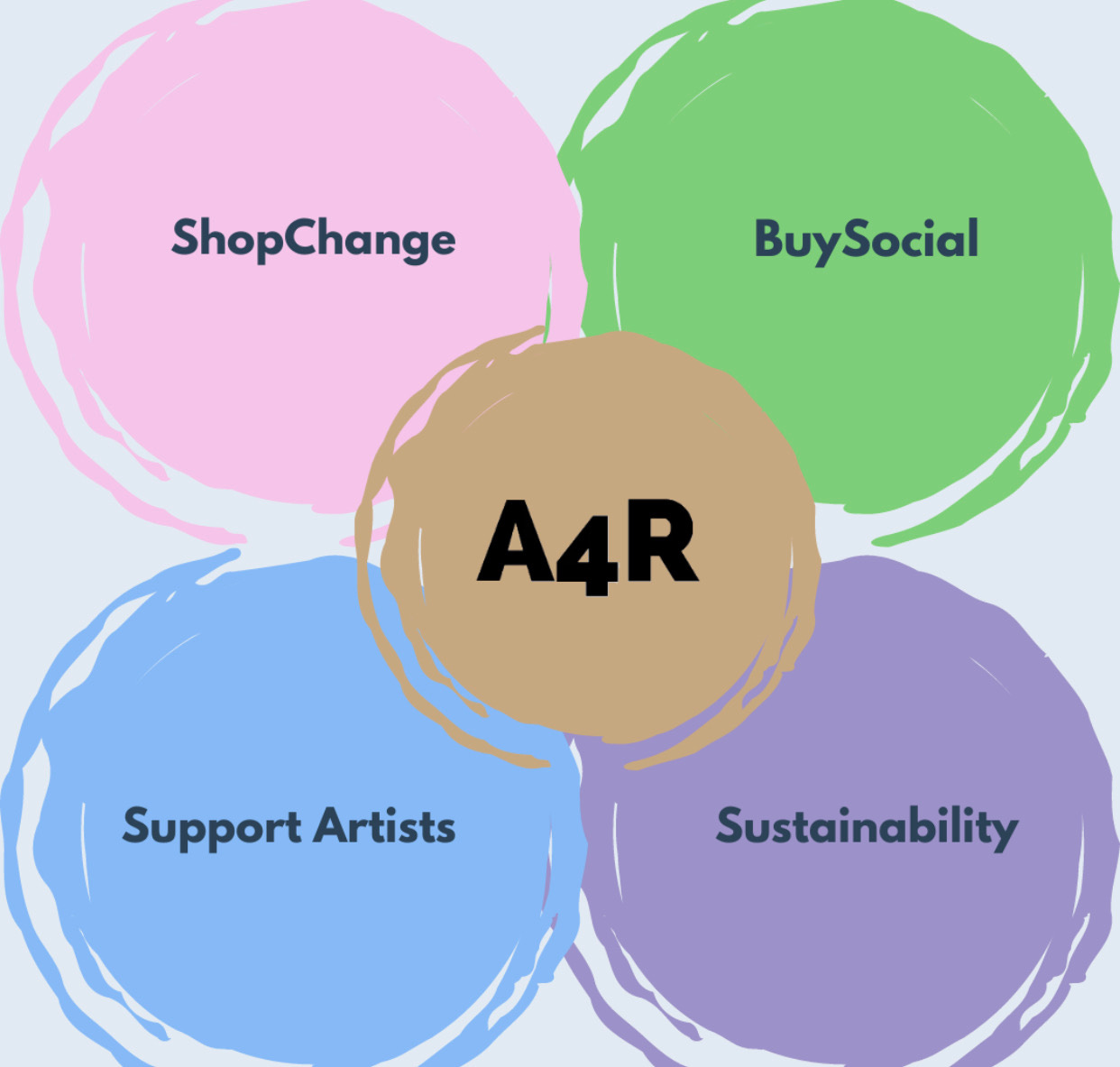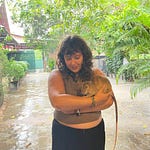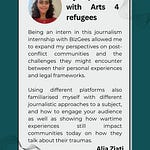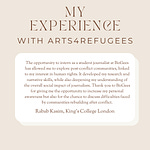The Struggle for Social Reform in Post-Conflict Algeria
132 years after colonial rule had been established, Algeria gained independence from France in 1962. The war for independence was long and grueling, with an estimated 400,000 to 1.5 million Algerians killed during the conflict. A further 2 million were placed in concentration camps and war crimes were committed by French forces, with civilians tortured, raped, and massacred.
The effects of war persisted after 1962, significantly impacting Algerian citizens in the decades following the victory over French colonisers. Post-conflict Algeria had to tackle crumbled infrastructure and damaged social fabric. Even today, unrest like the Hirak protests of 2019 highlights how Algeria still has social issues to overcome, with a population eager for reform. Much focus on post-war Algeria has been on the migration of Algerians to France and their battle against discrimination and racism as immigrants. Conversely, there is often little said about those who remained in their homeland. We must consider the lasting legacy of the Algerian War of Independence on the nation’s people, who needed to rebuild and adapt after almost a decade of death and destruction.
To understand post-conflict struggles of Algerians, it is necessary to analyse the social impact of war. How did Algeria’s healthcare system recover? How did Algeria ensure its children had an education? How does a nation rebuild after years of trauma and bloodshed? Have the fundamental human needs of the population been met?
Post-conflict political turmoil significantly impacted Algerians and their autonomy as human beings. The immediate consequence of the war’s end was the FLN’s consolidation of power, which led to the establishment of a single-party state under Ahmed Ben Bella in 1963. Increased centralised control meant that the Algerian population would again pay the price in the 1990s. Civil war from 1991 led to the loss of another 200,000 Algerian lives and demonstrated that civil unrest in Algeria persisted 30 years after the nation became free.
A major post-conflict concern in Algeria has been the question of identity. The policy of Arabisation, which was introduced to minimise the ongoing influence of French both culturally and linguistically, most clearly illustrates this concern. Most strikingly, despite its continued prominence in business and trade, French lost its status as an official language of Algeria. From the perspective of an outsider, Algeria has been seemingly keen to adopt an Arab-Islamic identity. This has created deeper divisions in society between Arab and Berber populations.
The Berbers make up between 15-30% of the Algerian population and have continued to be marginalised in Algeria since the end of French rule. The establishment of a policy of Arabisation, whilst intended to reclaim a sense of shared identity amongst Algerians, has neglected them. Recently, Berber activism and protest have led to some progress. In 2016, Tamazight (their native tongue) was recognised as an official language. Nonetheless, we can see that post-conflict Algeria has experienced cultural and social divisions for decades. The fundamental need for marginalised groups to participate in and contribute to society has not yet been fully realised, even after more than 60 years of independence.
Post-conflict Algeria’s ideas about gender are significant. Women played a crucial role in the Algerian War of Independence, for example serving as nurses and fighters in their own right. Unfortunately, their efforts and contributions have been consistently downplayed post-conflict, in part due to the assertion of traditional gender roles by the FLN and their policy of Arabisation. This was realised in the 1984 Family Code, which restricted women’s rights in marriage and inheritance. Women in Algeria, much like the Berbers, have slowly been making progress through activism and social action, most notably in the Hirak protests of 2019.
The fundamental human need for understanding, through the medium of education, has been greatly developed in Algeria post-conflict. After independence, Algeria saw many reforms to the nation’s education system. Education became nationalised and centralised, and was compulsory from ages 6 to 15. In 1966, shortly after the end of the conflict, only 57% of boys and 40% of girls were enrolled in schools. By 1998, this increased to 85% and 81% respectively, demonstrating that post-war Algeria’s success in allowing more children access to education, regardless of gender. Strikingly, the most recent figures suggest the educational disparity between male and female pupils has now been reversed, with more girls in school than boys.
This brings us to the issue of ongoing economic disparities in post-conflict Algeria. Male students in schools are more likely to drop out in order to provide for their families, and those in poverty are less likely to receive an education. The effects of conflict on Algeria’s citizens and their economic position were devastating. Initially, the withdrawal of Frenchmen led to a loss of management on farms and in factories, and unemployment levels reached an all-time high. Production of goods fell, therefore placing a larger proportion of the population at risk of poverty, with access to essential foodstuffs becoming limited. These struggles continued into the 1980s, with low petroleum prices across the globe proving damaging for the country’s economy, which relied on gas and oil industries. Wages fell and housing needs could not be fulfilled, forcing even more Algerians into poverty. Algeria not only had to tackle the withdrawal of French workers and management, but also the destruction of urban communities and towns by French troops in the war. As a result, the infrastructure was not stable enough to support the population, leaving many without basics like healthcare and food to survive.
Finally, we must acknowledge the psychological impact on Algerians post-conflict. Algeria has long sought a formal apology from the French government for the atrocities committed during colonial rule and the War of Independence. French military action during the war had resulted in the displacement of many Algerians through torture and relocation to concentration camps. Thus, there has been a lingering sense of trauma for many Algerians who experienced such horrific acts, and for those whose families were affected by French brutality. French influence in the country did not disappear immediately following the end of the war either, causing prolonged feelings of uncertainty and insecurity for native Algerians. The psychological scars caused by 8 years of war must not be discounted. Even today, Algeria’s rates of PTSD among the population are noticeably higher than many African nations. While this cannot solely be attributed to post-conflict mental scars, it is still rather telling of deep-rooted trauma within the Algerian people.
To summarise, we have seen that post-conflict Algeria has made substantial efforts to improve its education system and promote a collective sense of identity among the native population. The psychological effects of war were still very much present in Algeria in the decades that followed, and internal divisions are still an issue. Women and minority groups still faced marginalisation due to the post-war regime. Algeria’s attempts to rebuild itself as an independent nation after more than a century of French rule and a near-decade long conflict can serve as a reminder of war’s effects on economies and infrastructure, which devastate the population. Algerians have had to overcome poverty and mental scars in order to establish themselves. Ongoing resistance, for example in the recent Hirak protests, highlights how the population is still fighting for reform and justice more than half a century after the Algerian War of Independence ended.
In this episode Caitlin discusses the Algerian post conflict expereince. She is a student journalist with us on a placement organised with Oxford University Career Services. This article was edited using Lex.page. Image with Napkin Ai.
Thank you for reading an A4R 🎨 Post. Don’t forget to visit our gift shop here. Every purchase scales our impact and pays our bills.














